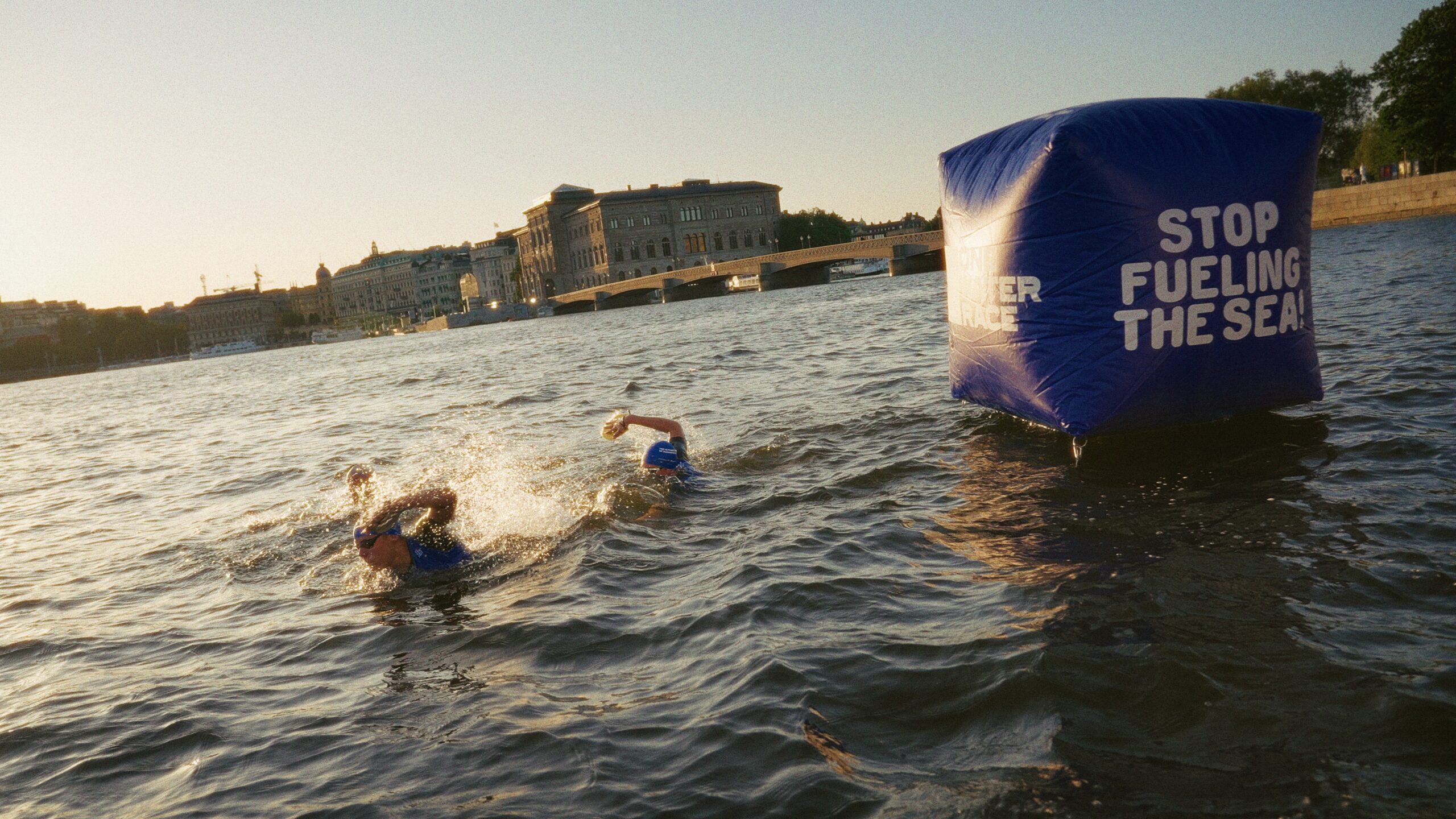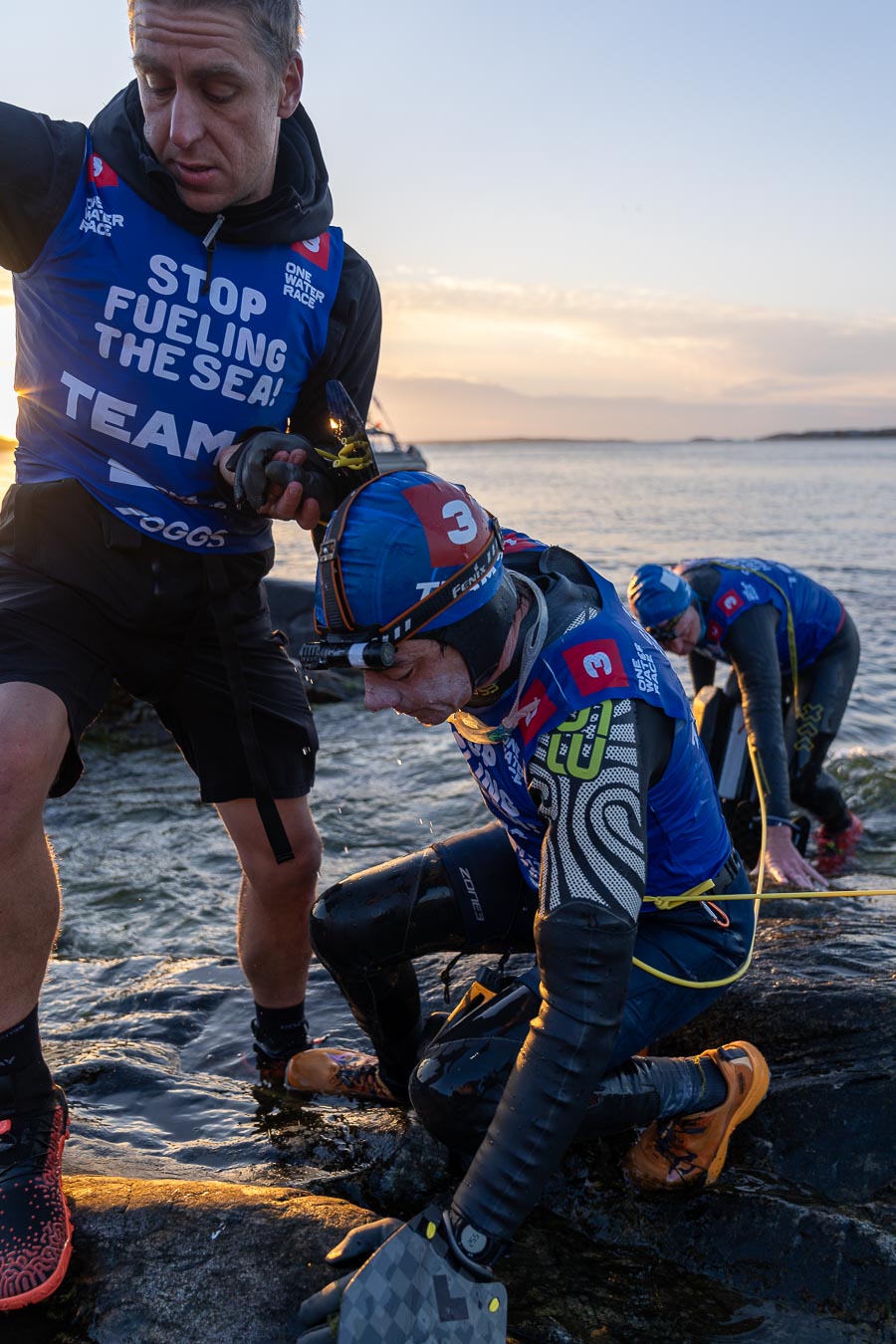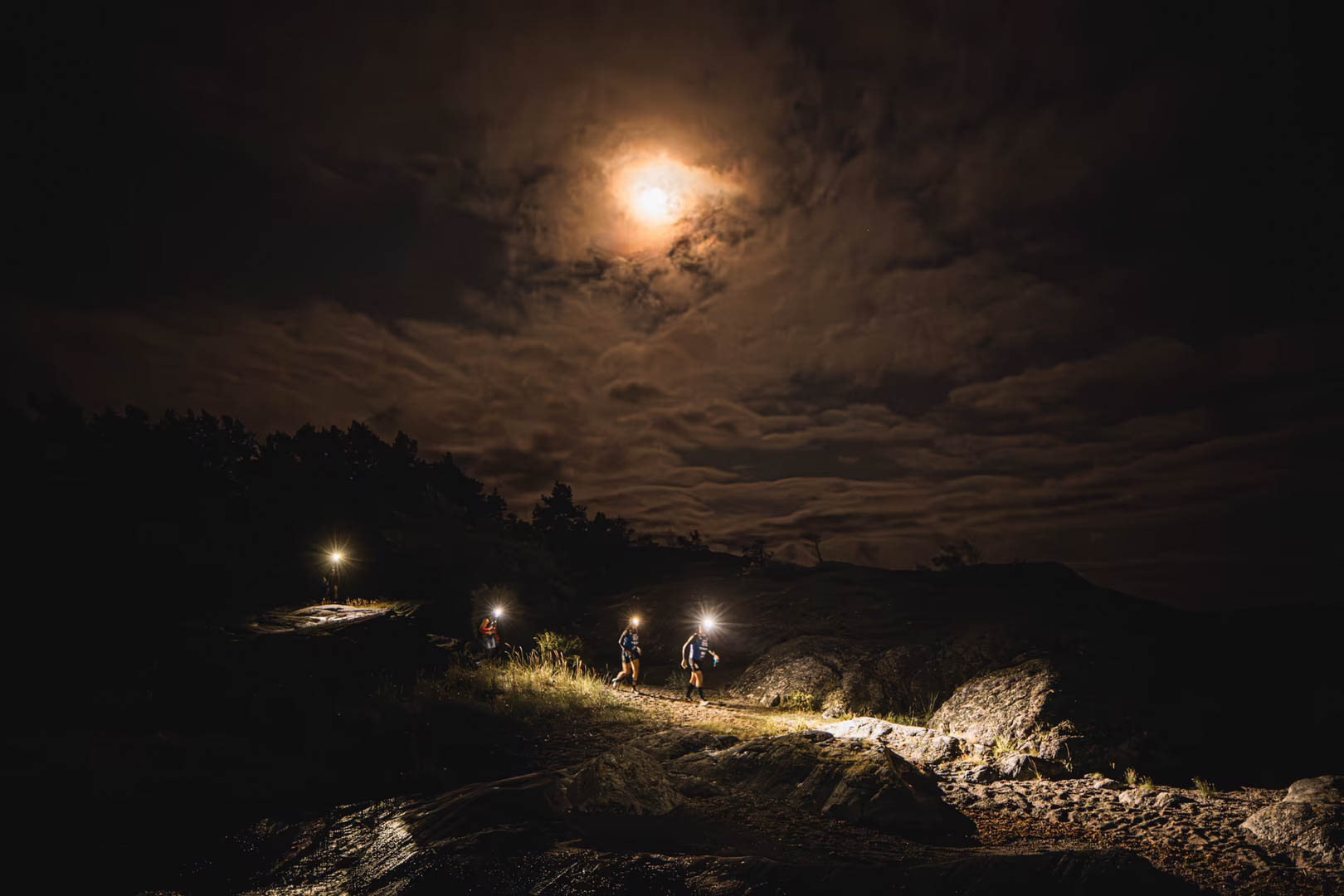After an incredible effort lasting 50 hours and 24 minutes, Team 6 – Sweden/Australia has once again claimed victory in the One Water Race, one of the world’s most extreme long-distance races. The team, which also won the 2022 edition, made a strong comeback after being forced to withdraw from the 2023 race due to medical reasons when an infection halted their progress.
“After we had to withdraw last year, we immediately felt the urge to come back and do it again. Getting another chance with the team means so much to us. This year’s race was even more brutal—with strong headwinds and extremely challenging physical conditions,” says Daniel Hansson from Team 6.
In this year’s race, three teams crossed the finish line. Team 6 – Swe/Aus secured first place with a time of 50h 24min 30s, closely followed by Team 3 from Australia, who arrived about two hours later with a finishing time of 52h 11min 20s. Finally, Team 7 – Can/Aus came in approximately four hours after Team 3, finishing with a total time of 56h 49min 30s.
The competitors were not only challenged by each other but also by harsh weather conditions, including strong winds and persistent rain on the last night, which made the course even more demanding.
Thomas Ogander, race director and founder of One Water Race, on the turning point of the real challenge: “The race is as much about overcoming the elements as it is about competing against other teams. However, the real challenges in One Water Race come after around 36 hours—while many can handle the initial trials, it is only after this point that mental and physical capacity is truly tested, and few have the ability to finish.”
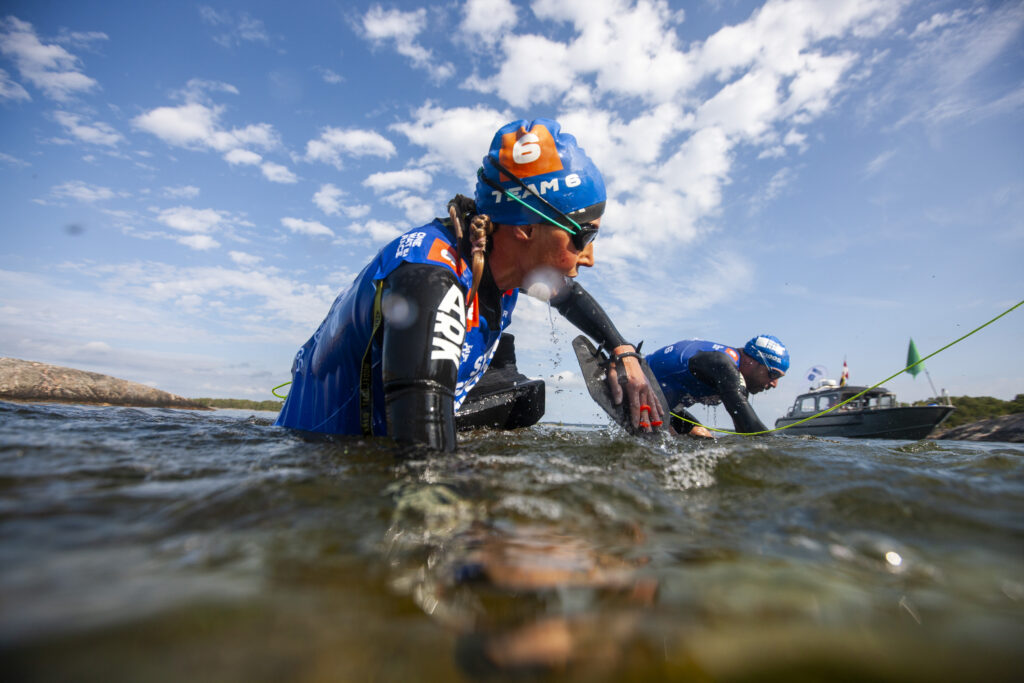
After this turning point, the teams also face the infamous Danziger Gatt, a swimming stretch of over 6 kilometers, sometimes in complete darkness. This year, this section was even more demanding, with winds of 12 m/s, taking the winning team 2 hours and 40 minutes to cross the busy shipping lane—a remarkably good time given the conditions.
Four Teams Forced to Withdraw from the Race
Marika Wagner, one of those forced to withdraw due to medical reasons involving poor oxygenation and traces of water in her lungs, describes the decision to pull out:
“A tremendously tough decision but one we made as a team. We’ve done this race together from preparation through the race, both when things were going well and when they were tough. I have great support from my teammates, which means everything right now.”
Groundbreaking Research from GIH During the Race
A new aspect of this year’s race was the scientific collaboration with the Swedish School of Sport and Health Sciences (GIH), which conducted an in-depth study of the participants’ physical and mental capacities. Equipped with sensors tracking their health in real-time, as well as cognitive tests and blood samples, researchers had a unique opportunity to study how the human body responds under extreme stress.
“For this year, we set the bar incredibly high for what we wanted to achieve, and we knew it would be challenging, so now afterward, I am very satisfied and excited about the data we collected. Interestingly, we have observed that participants generally maintain their vital signs (heart rate, body temperature, blood sugar, etc.) well despite the enormous effort, which shows the participants’ extreme capacity. At the same time, we see interesting and significant changes in their blood profiles that we will continue to study,” says Marcus Moberg, Associate Professor of Sports Science and Research Leader at GIH.
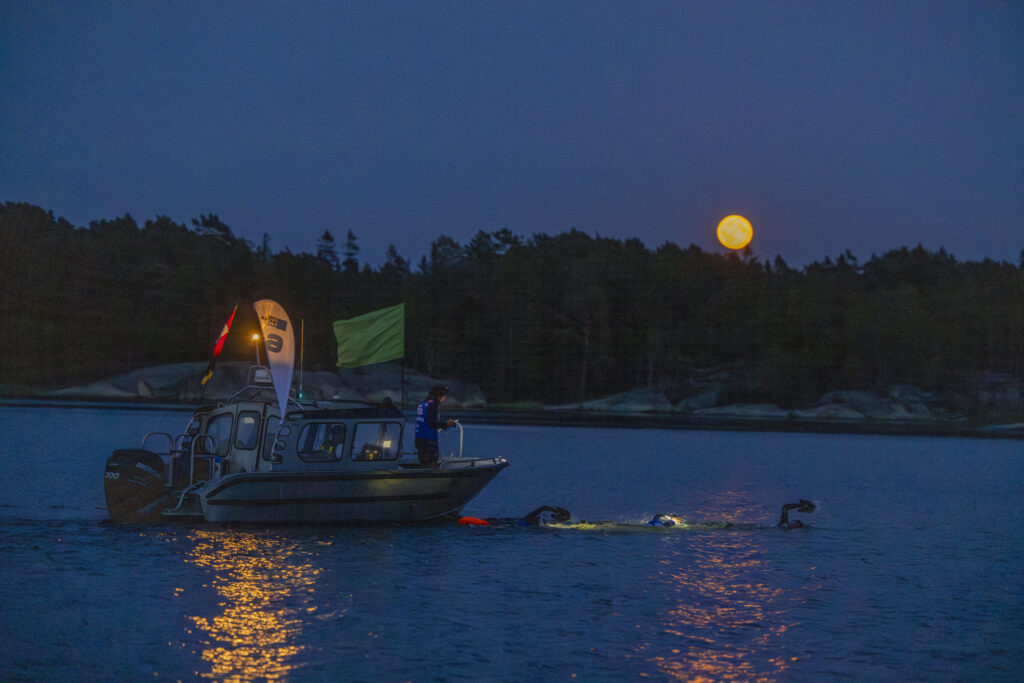
For further contact, please reach out to Thomas Ogander, founder and initiator of One Water Race
thomas.ogander@onewaterrace.com or +46 707 49 00 85

